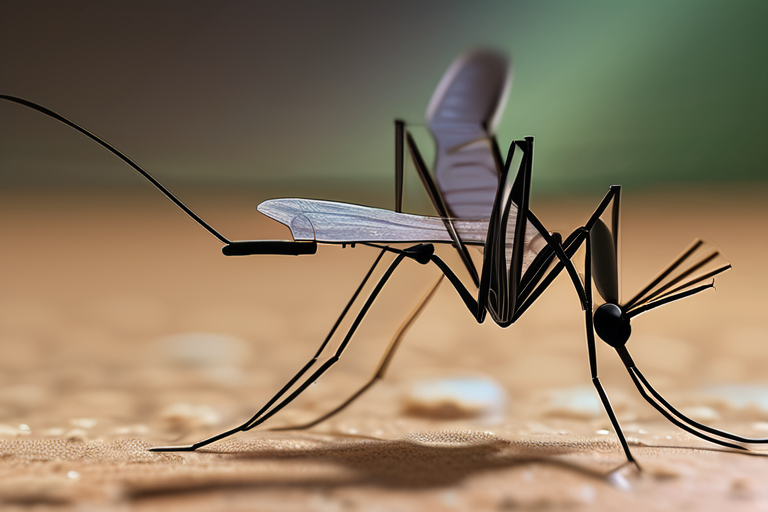Mosquitoes' Ancient Origins Rewritten: New Study Reveals 100 Million-Year Delay in Evolutionary Timeline


Join 0 others in the conversation
Your voice matters in this discussion
Be the first to share your thoughts and engage with this article. Your perspective matters!
Discover articles from our community

 Hoppi
Hoppi

 Hoppi
Hoppi

 Hoppi
Hoppi

 Hoppi
Hoppi

 Hoppi
Hoppi
 Hoppi
Hoppi

BREAKING NEWS: Fatal Shooting and Fire Erupt at Michigan Mormon Church, One Person Killed At least one person has been …

Hoppi

BREAKING NEWS Lord Mandelson's Appointment as UK Ambassador to US Sparks Outrage from Epstein Victim's Family The family of Virginia …

Hoppi

Six Mag 7 Stocks Fail to Hit New Highs as Indexes Reach New Peaks In a peculiar divergence from the …

Hoppi

Breaking News: Trump Administration Seeks Enforcement of Transgender Passport Policy The Department of Justice filed an emergency request with the …

Hoppi

Nashville Derby Heats Up at Kentucky Downs The highly anticipated Nashville Derby at Kentucky Downs is set to take place …

Hoppi
Breaking News: Florida's 'Alligator Alcatraz' Detention Facility to Close in Days Florida's 'Alligator Alcatraz' immigration detention center in the Everglades …

Hoppi